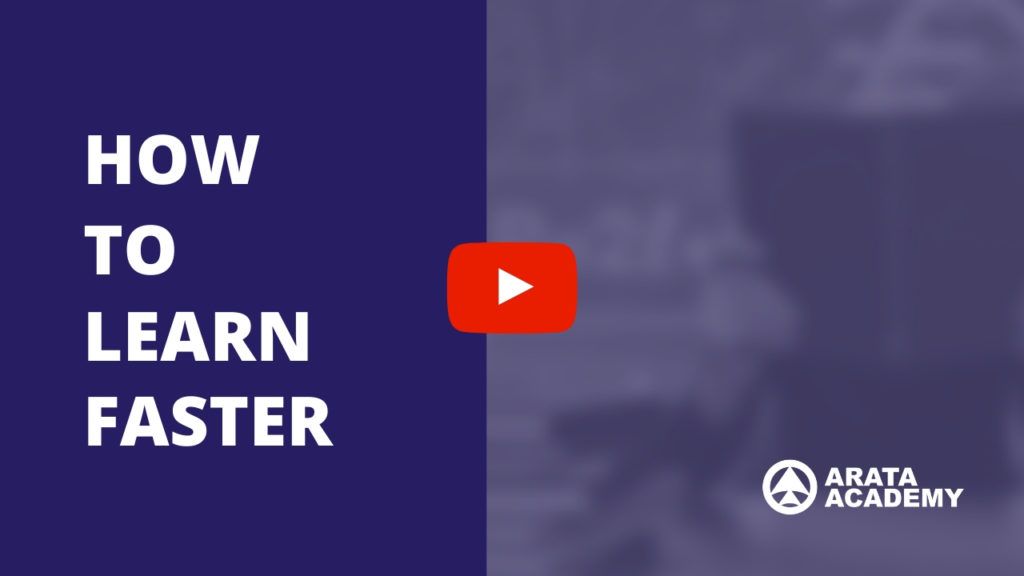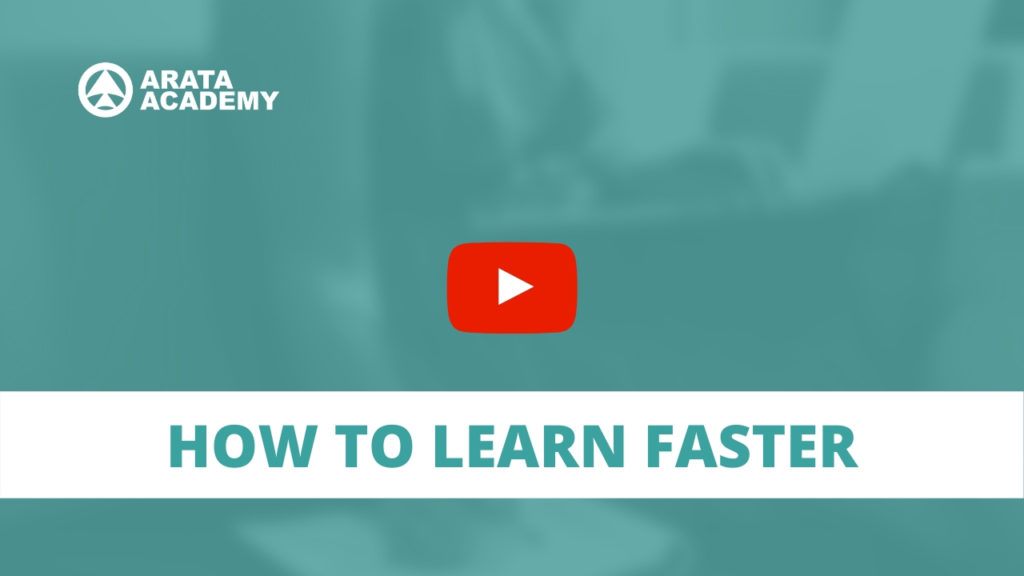Hello! Seiiti Arata. If you are studying, obviously you want to reap maximum results for your efforts. If this is your case, you will enjoy watching this video on how to study efficiently, because actually some strategies are more effective than others.
1. How does the brain work in learning?
When we are faced with new information and new stimuli, our brain will process them using the information previously stored in long-term memory.
In other words, when we face new problems and new questions, we have to consult our collection of references and conduct a process of cognition, interpretation and analysis. This process takes place in our working memory.
Take a look at the video “Become smarter (the basics)”. There we started talking about how the brain changes by neuroplasticity and neurogenesis.
2. Learning happens with intelligent repetitions.
When the brain recalls long-term memory data to process new stimuli, our conclusions and interpretations are held in the working memory.
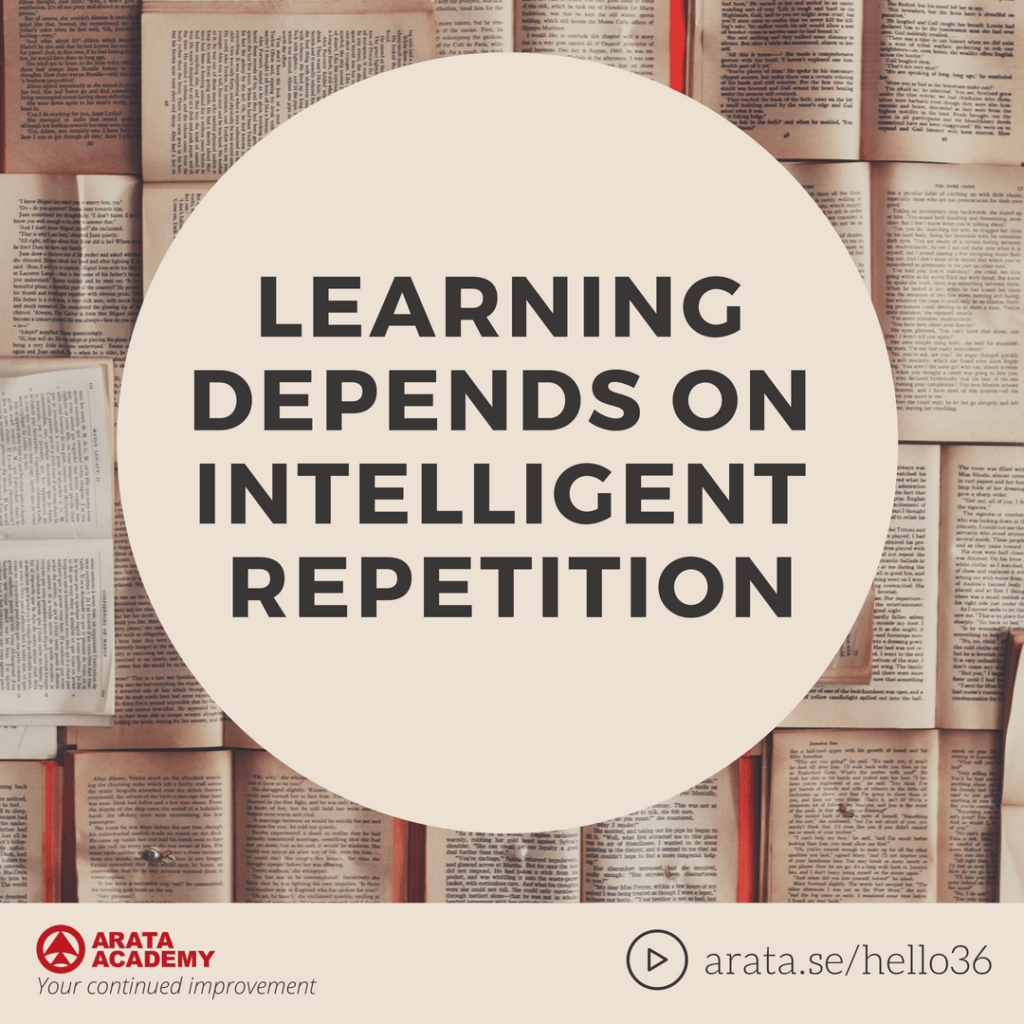
This is where learning takes place: when I’m processing different pieces of information and seeing how they relate. At this point I can even have insights and good ideas, but the chances of forgetting are high.
To reinforce learning, I must repeat. This is how the new knowledge is transferred to my collection of references, to my long-term memory.
The more quality information I store in my long-term memory by repetition, the more I can then use my memory for more efficient work, because I’ll have more referrals, more models of understanding, more memory hooks, and better structures to understand what is new.
So learning depends on intelligent repetition. Intelligent repetition is not learning by rote, memorizing. The intelligent repetition makes me think and create new connections.
3. During learning, repetition can be efficient or inefficient.
I always like to remind students at Arata Academy of this: In my experience, I know that many people feel bored when I say that we need to repeat things in the learning process.
But remember that there are two minimum elements to increase our intelligence: we have to believe, and we have to desire.
And if I think that repetition is a tiring and tedious process, guess what happens? My desire is negatively affected. It is no longer a whole-hearted desire.
So, I’ll reframe. I will not frame my study session as a boring process that I have to repeat over and over like a parrot.
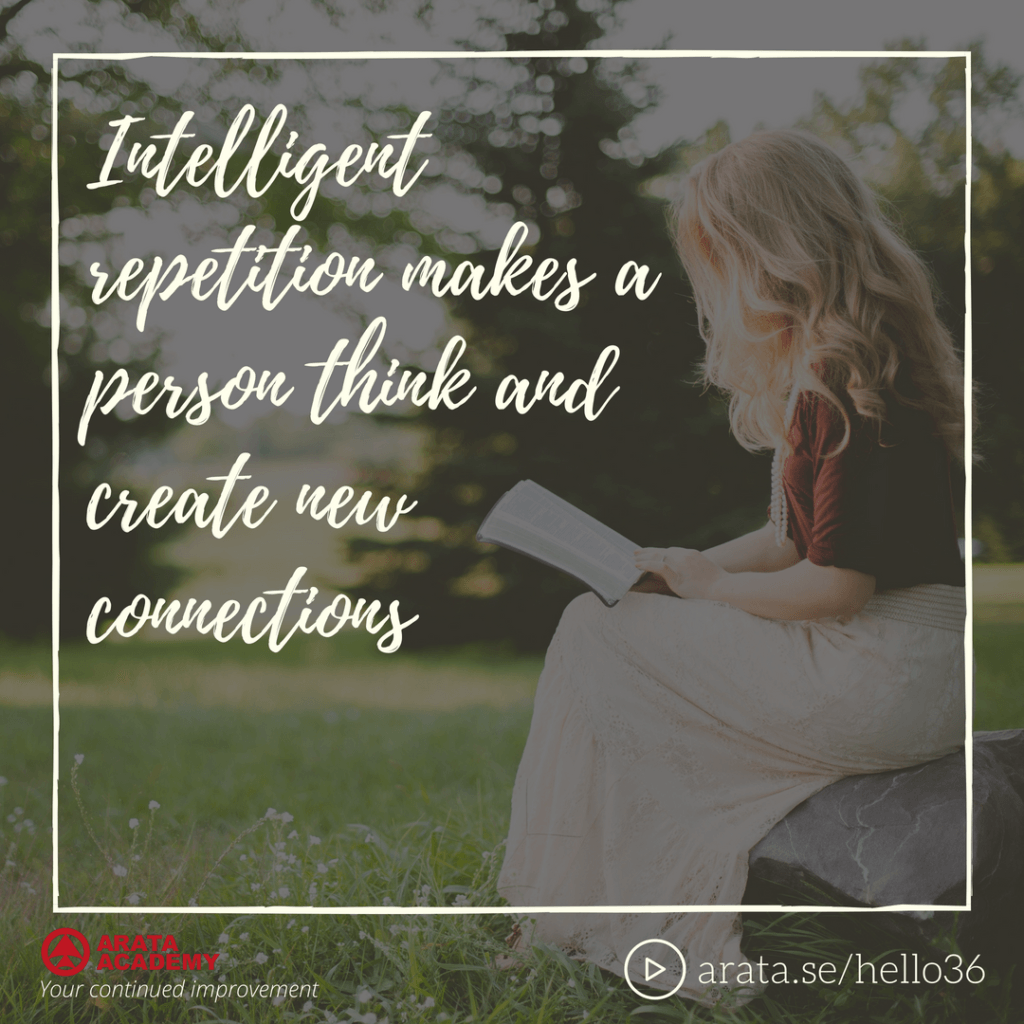
I’ll look at my series of activities that I’ll repeat as a new way to approach that subject.
You see? To make it super easy to understand, I will give you some examples:
I try to look for different perspectives from which to approach that same activity. Instead of always performing a certain task with pencil and paper, I can enter some information on my computer.
Or I can do some exercises to test myself. Tests and exercises with an answer key and comments are an excellent tool to use.
I can also get colored pencils and make a mindmap. Or create flashcards.
I can prepare a slide show, pretending I’m teaching the topic to others or giving a lecture on it.
I can look for different sources to study the same subject. Find different books, different authors. I can organise a study group to discuss those points.
In other words, I’m giving new meaning to reframe the boredom. I do not need to repeat the activity again and again like a broken record.
I’m also rescuing the creativity and challenge of being able to look at the same issue in different ways, from different perspectives. The study therefore is something that brings me enthusiasm; it is something I want to do as a process of self-actualisation.
4. Apply yourself deliberate practice in study sessions.
I don’t just repeat something mindlessly, the same way I did before. With each repetition I’m trying to correct mistakes I made in the past, and I am very carefully looking for all possible ways to improve my performance.
Deliberate practice is a structured process that has a specific intent to promote adjustments, corrections, improvements. It is not easy, and it is not always pleasant for sure. There are times when it is a painful and stressful process, and that forces us to go beyond our limits, outside our comfort zone.
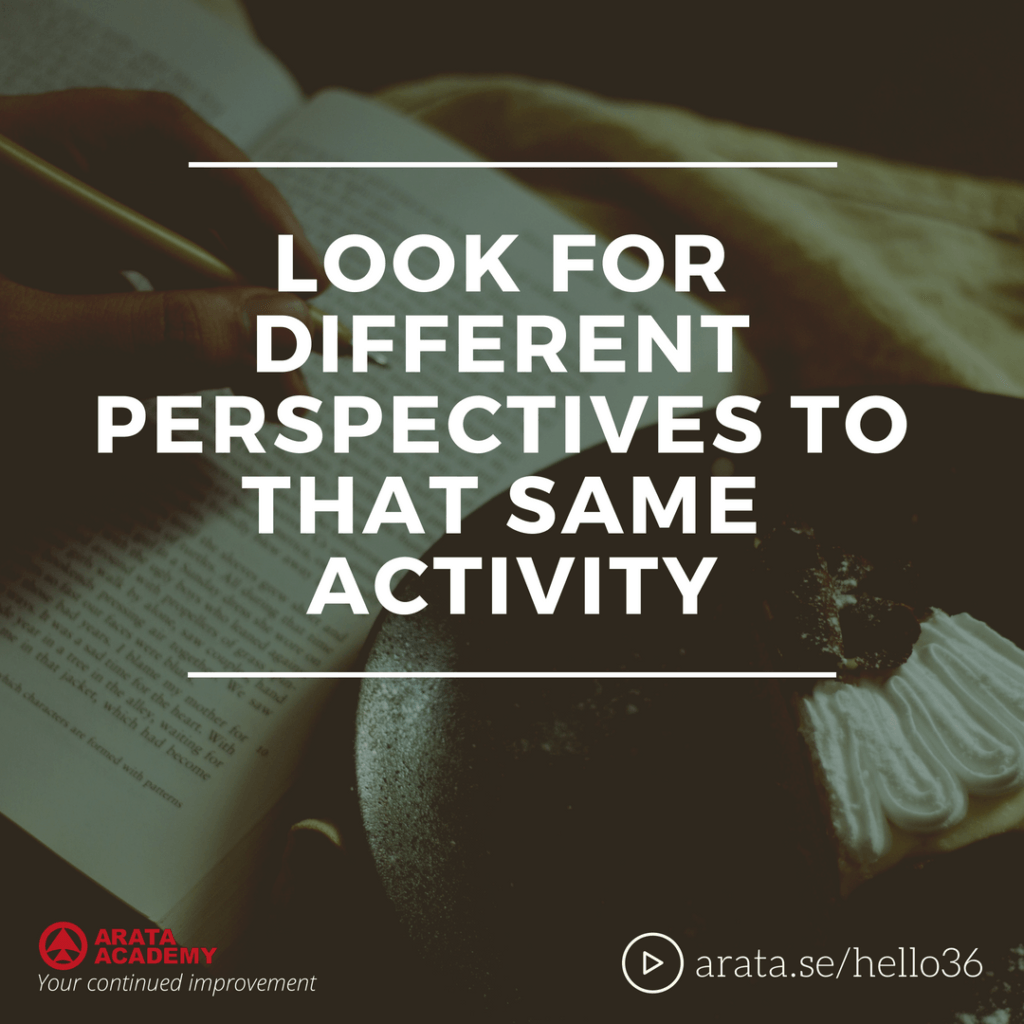
Guess what? Here is where our growth takes place. Deliberate practice will be the theme of our next episode. If you are still not subscribed to the Arata Academy, subscribe now to receive this and several other future episodes.
5. Optimize the spacing of repetitions.
Another way to increase the efficiency of the study is to optimize the spacing of the repetitions over time.
I explain this in more detail in our course. Basically, if I’m studying a concept that is pretty clear, I can repeat it less often because it is already well stored in my long-term memory.
If I’m having a hard time, I will repeat more frequently and also put reminders to continue repeating for the next days, weeks and even months. I can decrease the frequency of repetitions when I start to get the answers right.
But if I keep making mistakes, my frequency of repetitions needs to remain high. This is how I gain efficiency and dedicate my time to review just what I need.
The ideal, therefore, is to review when I’m almost about to forget, when the information is on the tip of my tongue, but I already begin to have difficulty remembering.
Learning depends on repetition, because that is how we use our working memory to confront new stimuli with our long-term memory knowledge base.
When we repeat, we transfer knowledge to our long-term memory; we learn, and then we can release our minds to continue learning more things.
But that does not mean at all that we have to keep repeating like parrots. That would not be efficient. Deliberate practice will help us to improve and also to use different perspectives, such as receiving information passively, or listening actively, or reinterpreting, connecting the dots, demonstrating, explaining and practicing.
And we should use our intelligence to schedule an optimized sequence of studies.
It is foolish to burn the midnight oil studying. The final result will not be optimal compared to dedicating the same amount of hours with a larger spacing. We want to recall the long-term memory of information in different contexts. https://arata.se/howtolearn
